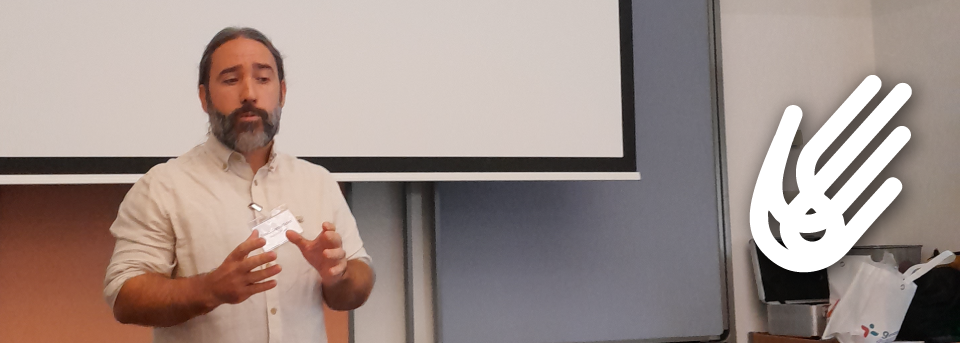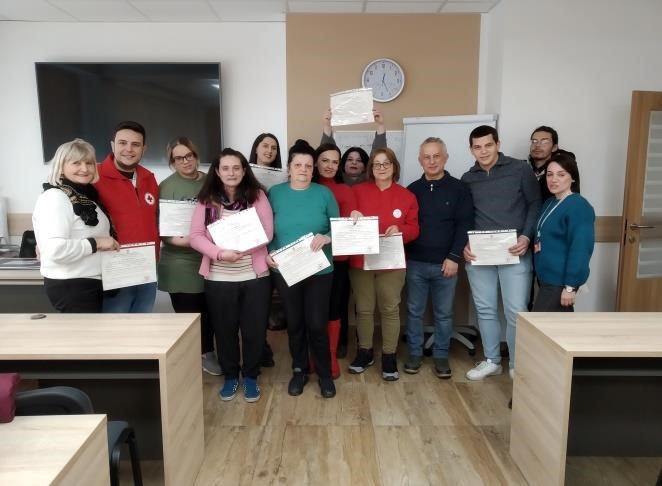To facilitate the continuity of social innovation projects, which are usually developed in a limited…

Pilot in Spain: Improving care for caregivers of people living with dementia (Matia Foundation)
The InCARE pilot developed in Gipuzkoa, Basque Country, is based on the SENDIAN (which means ‘family’, in Basque), a programme established in 2008 by the Provincial Council to support informal carers of people with dementia. The programme provides psychological support to people with dementia on an individual and group basis. This programme is supporting more than 200 carers each year in Gipuzkoa.
The challenges faced by these carers and their relatives are well known: overload, anxiety, grief, depression, caregiving injuries, premature exit from the employment market, or institutionalisation of the person in need of care. These complex situations put informal carers -who are predominantly women (wives or daughters)- and the persons they care for in a situation of social risk. Acknowledging these challenges, two workshops using the Theory of Change methodology were held at national and local levels with social actors, politicians, professionals, and carers, to co-design a map of the objectives, desired outcomes, and intermediary actions to take. This Theory of Change map served as a red thread throughout the InCARE pilot.
According to this plan, several actions were carried out to ensure that people caring for a person living with dementia had the services they needed at all times: identification of resources, training, education of psychologists and carers, creation of new channels of communication with social workers in the municipalities, creation of coordination procedures and links with the community and volunteer sector. As a result of these actions, participants in the pilot reported lower levels of loneliness, depression, feeling of burden, and an improved quality of life, well-being, and access to social support.
During the final conference, participants reflected on the sustainability of the INCARE pilot. The following questions were broached: how to strengthen the coordination of services? How to guarantee the continuity of actions in the long term to the benefit of informal carers? A radical change in the legal and administrative landscape is needed in Spain to support appropriate funding at the state level and the integration of innovative services at the local level. It is also important to invest more in prevention and people’s empowerment. To address recruitment issues, the attractiveness of the care sector should be enhanced through training, decent work, and the use of new technologies for the coordination of services.
In conclusion, the value of social innovation lies in co-creation and participation, making it possible to identify barriers and risks faced by individuals, develop new ideas and actions, and create pathways toward accessible quality long-term care. It therefore identifies the need for legal and administrative reforms, in a way that welcomes social innovation and encourages its development through adequate funding, scaling up, and sustainability.



This Post Has 0 Comments